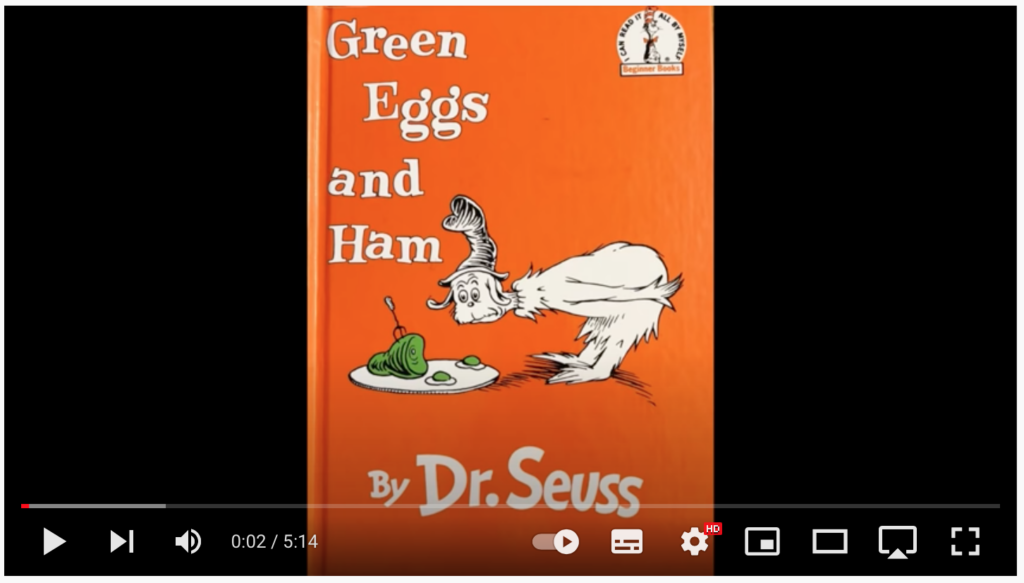Your vocabulary and what you achieve with it.
When do you really “know” or master a foreign language?
Especially when applying for jobs, you will often be asked to self-assess your foreign language skills. But even if you are planning to buy a language course, you should determine your status quo beforehand. But such a self-assessment is not so easy. Are you able to speak a foreign language fluently? And how do you measure language skills?
Do you measure language skills in years? If so, many of us would have to be native English speakers by now. After all, we’ve had English lessons since about the age of 8. So years are only a conditionally valid measure.
Can you measure foreign language skills in words? From how many words can you claim that you “know” or have mastered this foreign language? I don’t want to speculate about that here. Because: Everyone has different goals when learning a language. For one person, it is enough to be able to tell the cab driver where to go. The other would like to read or even write poems in a foreign language. Both need a vocabulary of different strengths.
Sometimes a few vocabulary words are enough, but this always depends on the individual goal.
Example: Dr. Seuss got by with only 50 different words in his classic children’s book:

VIDEO: https://www.youtube.com/watch?v=jdotPwVJYzs
How to determine the vocabulary
We recommend measuring your language skills based on the vocabulary you know and can use most importantly.
Every language has a different number of words, but if we refer to Western languages, then the assessment of personal abilities is not affected by this. Unfortunately, the providers of language learning programs do not like to give information about this, and often the information is incorrect.
As a positive example, Brain-Friendly, through its years of experience and incorporating the latest findings from science, has published a generally accurate table of guidelines:
Language skills
| 300 words (unique words): | This is comparable to level A1 of the CEFR (European Framework of Reference). With this, you can follow simple conversations and communicate in everyday life. This level is an optimal start for vacations abroad. |
| 600 words (unique words): | This is comparable to level A2 of the CEFR. This level is the basic vocabulary of most languages. For example, many daily newspapers get by with a vocabulary of 500-600 unique words. Thus you understand most of the daily communication of a language. In the maturity exam in Germany/Austria/Switzerland, a vocabulary of 600-800 unique words is generally expected. |
| 1000 words (unique words): | This is equivalent to level B2 of the CEFR. This level is enough for 90% of all texts. So you understand much more than everyday conversation. The remaining 10% are words from literature or other word arts and specialized vocabulary from all subject areas that many people do not know in their native language. |
For example, according to Polyglot (multilingual) Prof. Alexander Arguelles[1], the Spanish language has 750 words that make up daily speech. Of these, only 250 words form the core of the language, without which you cannot form sentences. So the vocabulary mentioned by Brain-Friendly for solid basic knowledge (600 unique words) applies well in this example.
What vocabulary do I need?
Approx. 300 words (unique words): Holiday conversation.
As described in the table above, with about 300 words, you can communicate with simple sentences and phrases and understand a simple conversation.
A basic knowledge comes in handy during the vacation: quickly asking for directions, getting a good seat in the restaurant, negotiating with the salespeople in the stores, and so on. With 300 words, you can already say and understand a lot. And the one or other supporting gesture only makes you likable. You will be surprised by the results.
Approx. 600 words (unique words): reading the newspaper, making small talk.
If a daily newspaper gets by with about 500 words, you understand just about everything in everyday life. You can communicate in everyday life without any problems, read daily newspapers, watch TV series, listen to the radio…

Mary meets a new colleague from overseas at work. Riding an elevator over 20 floors with a work colleague, without conversation… hm… silently, this can become an endlessly embarrassing situation. Fortunately, thanks to her knowledge of Spanish, small talk is no problem. She talks casually about her experiences in the new country, in the new position, and what she likes to do after work.
With a basic knowledge of Spanish, Mary has an easy time with this conversation. Today, the two are good friends. Sometimes you have to dare to take your fate into your own hands – it often pays off, and you “win.” Even if native speakers would perhaps formulate the sentences differently – you are always understood.
Approx. 800 words (unique words): Negotiation-proof – Career-proof.
With this vocabulary, you can do more than the basics of a language.

Richard finished his A-levels a year ago. French was a subject he competed in. The A-levels usually require a vocabulary of 600-800 words. So Richard already has basic knowledge of French.
Richard surprisingly had to substitute a colleague as a quality manager in Nice. Already in four weeks! Richard used the remaining time and improved his French by more than 200 “unique words.” On his 1st working day in France, Richard was able to do his job without any problems, and he earned a lot of admiration from his new colleagues about his French skills. In the meantime, Richard has been promoted to team leader, and that after only 5 months!
Approx. 1000 words (unique words): Fluent – all in.
With a vocabulary of 1000 words, you understand 90% of all texts.

John is self-employed and deals with technical equipment. Yet, time and again, he has to negotiate in German, both in purchasing and sales. His school German was … well … as school language skills are. You can communicate, but you rarely sound professional.
“I can’t speak it very well,” John said only six months ago. But today, things are different: With almost perfect pronunciation, his customers often even believe that he is a native German speaker. So how did he manage that?
He has chosen a language learning method where learning a new language or refreshing language skills works the same way as learning his native language did back then. It was important to him not to waste time on vocabulary cramming because that was already getting him nowhere in school.
With the Brain-Friendly German language courses, he perfected his German skills within half a year. And that with a time expenditure of 2 x 10 minutes daily. John quickly realized that it was not grammar that mattered but the ability to communicate smoothly and without errors. He gradually succeeded in doing this without even noticing it.
He consciously noticed his enormous progress during a purchasing discussion in Germany. His negotiating partners praised him to the skies. And in fact, he realized that speaking German was easy for him. He hardly has to think about how best to express what he thinks – he intuitively talks correctly.
His new language skills naturally impacted his business success: his export share increased by 25%.
Today John is learning the next language because he already wants to export to South America next year.
How did John manage that?
With Brain-Friendly language courses, he was able to perfect his English within half a year, with ten-minute exercises only twice daily. Try the method yourself: Go to Brain-Friendly. You will quickly realize that this way of learning is intuitive and correct.
[1] Prof. Alexander Argüelles/.
Professor Arguelles speaks 50 languages. When asked what his secret behind language learning is, he replied: “The truth is that it’s due to endless hours of concentration – reading, studying and practicing grammar, as well as my technique called “shadowing,” where I walk briskly outdoors while listening to a recorded language and repeating it aloud.” (Source: The Guardian Online)
